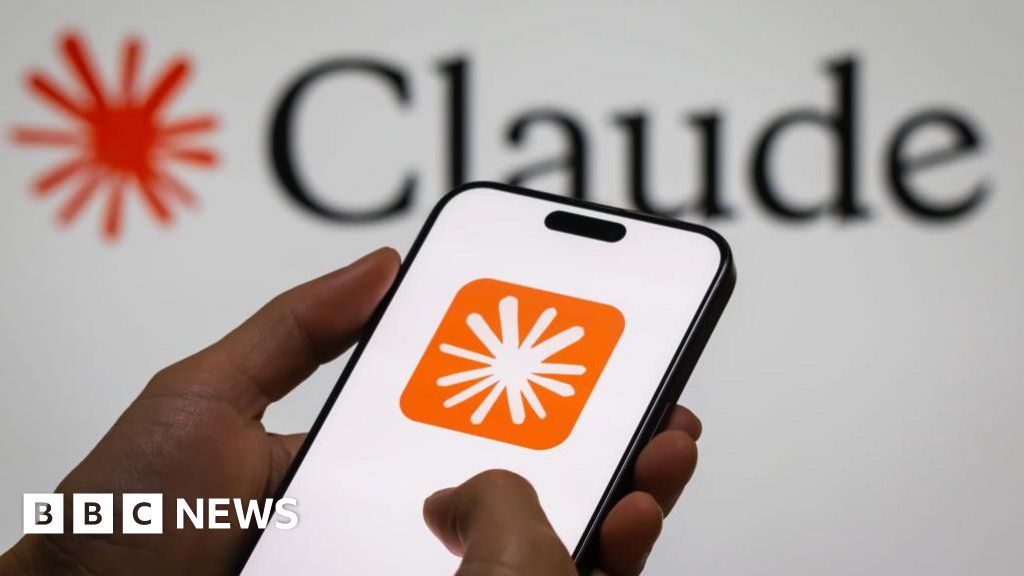ARTICLE AD BOX
Image source, Getty Images
An online marketplace OpenSea says it is now worth $13.3bn (£9.8bn) following a new investment of $300m.
The platform enables trade in NFTs (non-fungible tokens), unique pieces of digital code that can be associated with a digital asset such as a work of digital art.
Some NFTs have sold for millions of dollars.
OpenSea says trades on the platform rose 600-fold last year, but some critics say the valuation is too high.
"In 2021, we saw the world awaken to the idea that NFTs represent the basic building blocks for brand new peer-to-peer economies," wrote Devin Finzer, who co-founded the company in 2017,
But others argue the spiralling valuations of some crypto-businesses reflects a shortage of places for investors to put their money.
"There's far too much money sloshing around and far too few places to put it," said author David Gerard. "Even the rich are buying lottery tickets."
Bored Apes
The valuation for OpenSea comes at a time when an increasing number of businesses, sports clubs and celebrities are producing or purchasing NFTs.
Recently the rapper Eminem spent about $450,000 on an image of a "Bored Ape" resembling him.
The Bored Ape Yacht Club (BAYC) is a collection of thousands of NFTs of digital illustrations of anthropomorphic apes.
Bored Apes are among the most popular NFTs - the total value of trades just passed $1bn according to data from Cryptoslam - an NFT industry data aggregator.
Not everyone shares the rapper's appreciation of the digital artworks. The Guardian's art critic Jonathan Jones called them a "very ordinary and derivative bit of comic book design".
But BAYC says each ape image is "unique and programmatically generated from over 170 possible traits, including expression, headwear, clothing, and more".
The market in digital art and collectables is now approaching that of the global art trade, according to the Financial Times.
The total value of trade for NFTs was estimated to be worth $40.9bn last year according to calculations by blockchain data firm Chainanalysis, the paper reported.
The figure is probably an underestimate, because only NFTs using the Ethereum blockchain were considered.
Last year the global art market was worth $50.1bn, it said.
Unregulated investment
Announcing new funding, OpenSea said it would "look to bring NFTs to a broad consumer audience this year" and reduce their "barriers to entry".
But regulators and critics worry that consumers may not appreciate the risks involved in largely unregulated crypto-asset investments like NFTs.
Research by Chainanalysis suggested that while many people may collect them, data shows that expert investors make most of the money.
Other analysts worry NFT marketplaces are prone to so-called wash-trading where investors sell and then buy back an NFT they own with the aim of boosting demand.
The environmental impact of the technology behind NFTs also concerns critics.
As with crypto-currency, the record of who owns what NFT is stored on a shared ledger known as the blockchain, a process maintained by thousands of computers worldwide.
Keeping those computers running creates a considerable demand for electricity and consequently pollution.

 3 years ago
47
3 years ago
47








 English (US) ·
English (US) ·